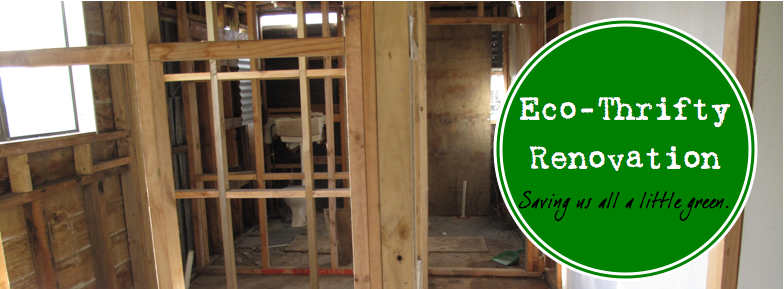This
is part two of the new mini-series gripping Wanganui audiences: The Eco-Thrifty
Mud Room. If you missed last week's episode, I wrote about covering the gaps
between our floorboards, Bruce Springsteen, and a hybrid Kiwi/Yankee version of
a storm door. While that column fell short of a Pulitzer, hopefully it inspired
some readers to think outside the square when it comes to low-budget/high
performance approaches to warm, dry, healthy homes.
This
week's column remains inside the square, or rather inside the pelmet. You may
recall that I like pelmets almost as much as I like Neil Diamond. You may also
recall that pelmets are important for preventing warm air that has collected on
the ceiling from being “pulled” down against cold windows and creating a
convection current that will cool and entire room – even a small mud room.
I
have noticed in some homes around Wanganui a pelmet over the front door with a
curtain that can be drawn when appropriate to add an extra layer of insulation.
I decided to do this in our mudroom even though we already had two doors
providing a level of protection against the cold by creating an air gap between
them.
As
with the pelmets elsewhere in our home, I made this one out of weatherboards
removed while re-cladding the exterior. I inverted the weatherboards so that
the scallop faces down. This makes an attractive detail on all of our pelmets.
As
you can see from the photo, this very special weatherboard has been signed by a
local artist!
While
the paint was drying on our new pelmet, I used some off-cuts of framing timber
to make a framework to hold it. While all of our other pelmets are just 150
wide mm, I made this one about 400 mm wide so that it would reach from the
ceiling to just above the door, just covering the second-hand curtain rail and
the top of the second-hand curtain.
I
hung the curtain rod so that the curtain would not quite touch the floor of the
mud room that could, on occasion, be muddy. To make up the space between the
bottom of the curtain and the floor, I wrapped a "two-by-two" (45 mm
x 45 mm) in an old towel to make a “draft blocker” – described in a column a
few weeks ago. If the towel gets wet or dirty it can be thrown in the laundry
easier than the curtain could. The draft blocker also holds the bottom of the
curtain against the door for a nice, snug fit.
To
summarize, the story of the mud room is one of romance, intrigue, solar gain,
insulation, draft-proofing and creative reuse. The reuse of doors, hardboard,
weatherboards, curtain rails, curtains and off-cuts of framing timber in this
small Eco-Thrifty case study are just a few of the many examples of creative
reuse and repurposing that we embraced during our project. In future columns
I'll document more of the ways we have turned trash into treasures in our
little house that could.
Peace, Estwing





No comments:
Post a Comment